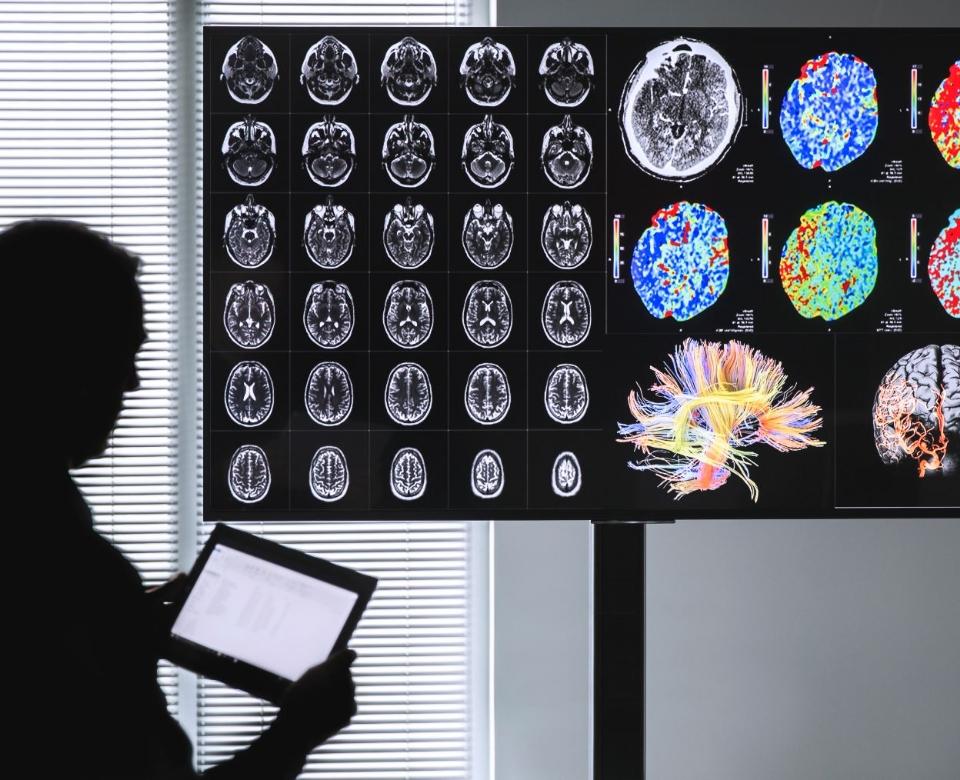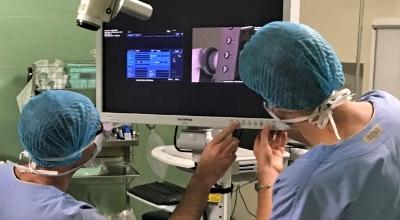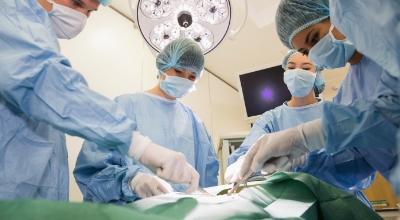07.11.2016
Unconstrained Gaze Estimation Using Random Forest Regression Voting
In this paper we address the problem of automatic gaze estimation using a depth sensor under unconstrained head pose motion and large user-sensor distances. To achieve robustness, we formulate this problem as a regression problem. To solve the task in hand, we propose to use a regression forest according to their high ability of generalization by handling large training set. We train our trees on…
lire la publication




